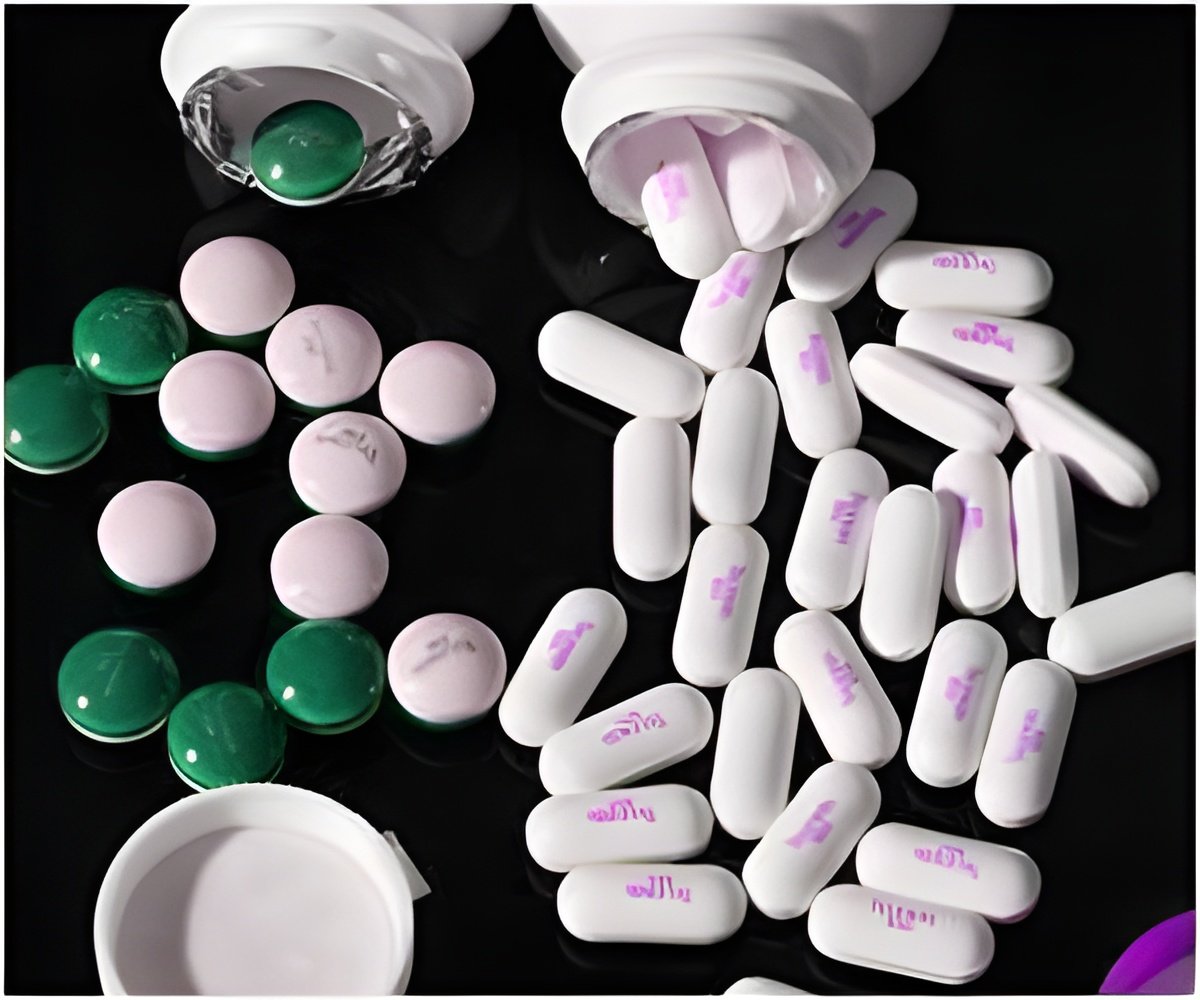
Plaintiffs had argued that they suffered a neurological disorder called tardive dyskinesia after taking the generic anti-heartburn drug metoclopramide (Reglan, Metozolv) that was not adequately labeled to warn of it.
They sued the generic manufacturers under state tort laws that said the companies should have taken steps to protect consumers.
However the US high court said that federal laws require generic drugs to have the same labels as the brand names they copy, so courts could not demand they meet a different state standard at the same time.
As studies began to show that people who took the drugs for long periods were more likely to develop the serious and irreversible muscle disorder which makes movement difficult and painful, federal regulators oversaw a series of stronger warning labels, implemented in 2004 and 2009.
The plaintiffs were prescribed the generic drug for Reglan in 2001 and 2002, before the brand name labels were changed.
Advertisement
But the court ruled that since federal and state regulations were in conflict, the federal laws must hold.
Advertisement
"If the manufacturers had independently changed their labels to satisfy their state-law duty, they would have violated federal law.
"Thus, it was impossible for the manufacturers to comply with both their state-law duty to change the label and their federal law duty to keep the label the same."
The four liberal justices -- Sonia Sotomayor, Ruth Bader Ginsburg, Elena Kagan and Stephen Breyer -- dissented.
"As a result of today's decision, whether a consumer harmed by inadequate warnings can obtain relief turns solely on the happenstance of whether her pharmacist filled her prescription with a brand-name or generic drug," said Sotomayor.
Source-AFP








